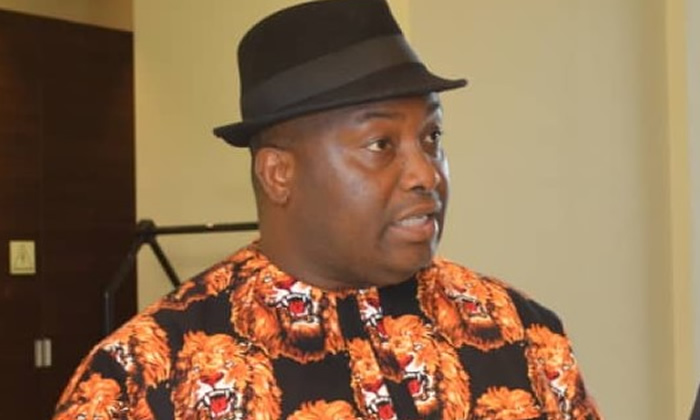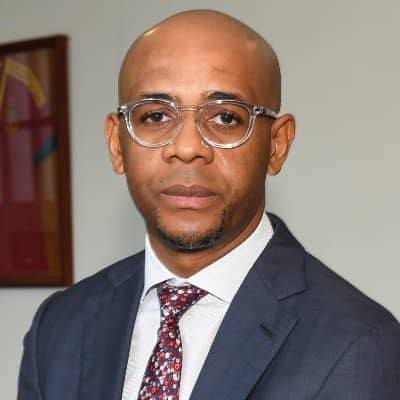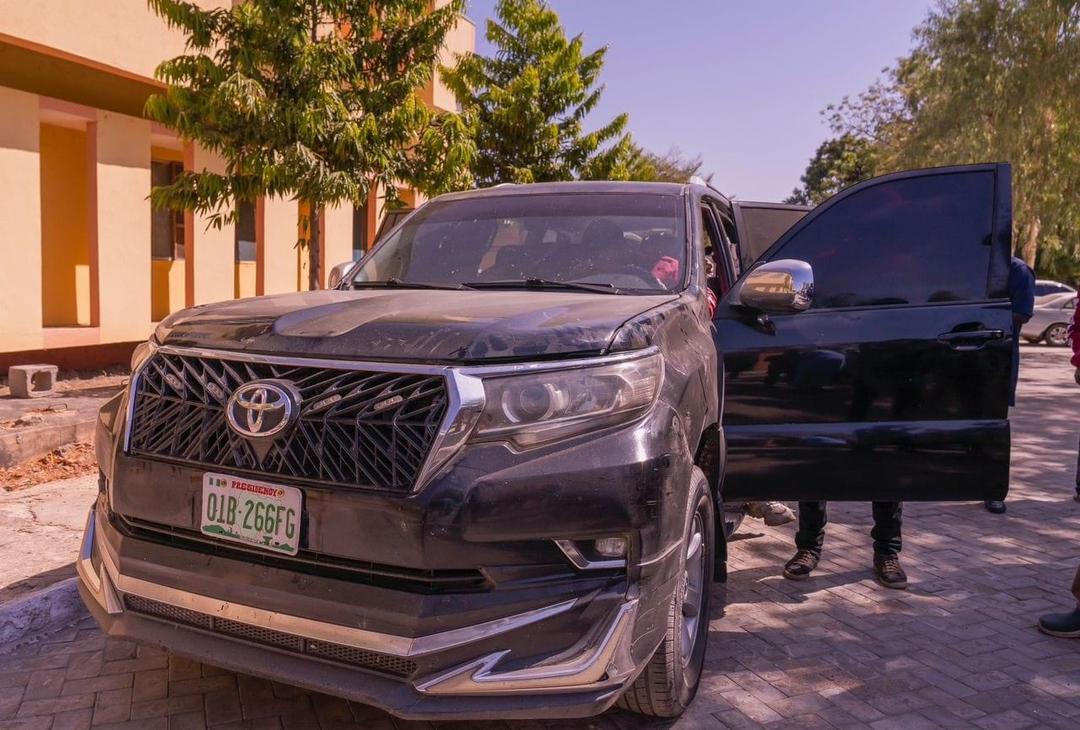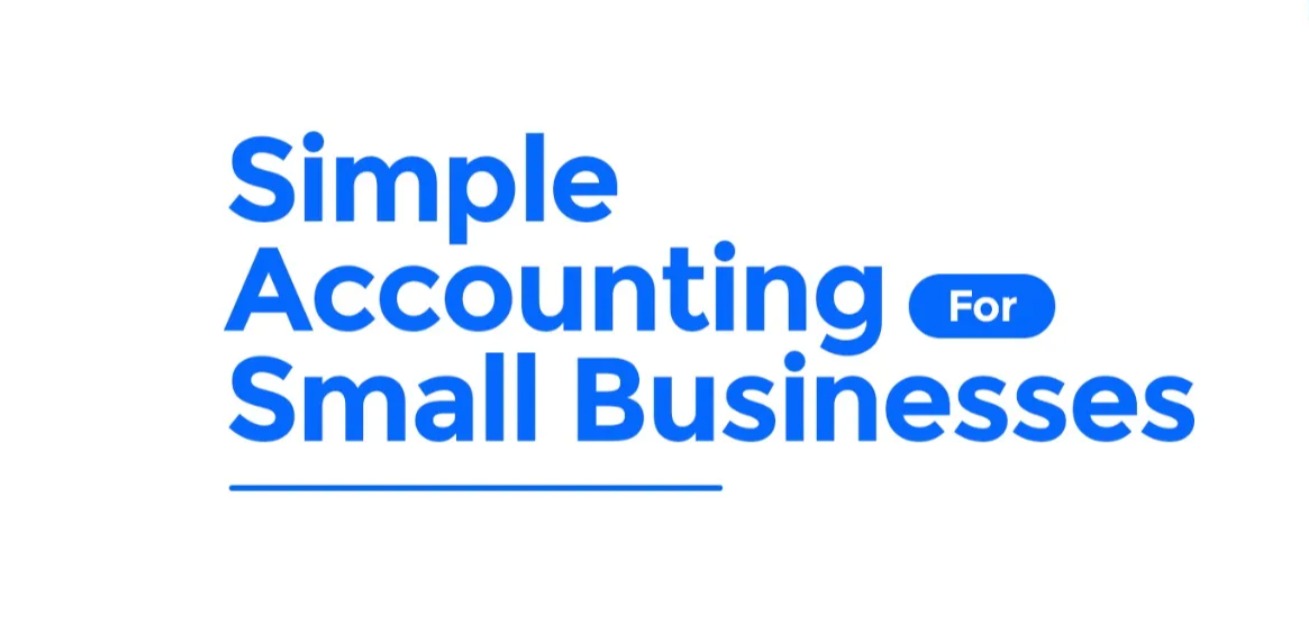In a powerful intervention against digital exclusion, a UK-based Nigerian tech entrepreneur, Wale Atekoja, is rewriting the future of disadvantaged children in Lagos, one line of code at a time.
His organization, Borderless Tek, has launched the Kids Coding Partnership — a grassroots tech education program designed to equip underprivileged schoolchildren in communities like Ikorodu and Yaba with foundational coding and software development skills, completely free of charge.
This is not just another CSR initiative. It’s a deliberate human-centered response to the growing digital divide that continues to marginalize low-income Nigerian children from the technology revolution sweeping the globe.
“We’ve been teaching Black kids in Europe how to code, but what about those back home?” says Wale Atekoja, better known as @AtexXeta on social media. “We’re not targeting the privileged. We’re starting with the forgotten — the children who have never touched a laptop.”
The first three-month cohort of the program is scheduled to kick off in September 2025, targeting public Junior and Senior Secondary School students across Lagos’ low-income areas. The curriculum will focus on practical, hands-on learning — from basic programming to animation, mobile app creation, and problem-solving.
But Wale is not walking this path alone.
The initiative is supported by strategic partners such as Yesding (education facilitation), Proline (internet infrastructure), and Akowe App, a credential verification startup that will ensure every certificate earned is both digitally secured and internationally recognized.
“This is how we break cycles of exclusion,” says Olamide Busari, a representative from Akowe. “These children will walk away not only with new skills but with verifiable certificates that open doors.”
This credibility ensures the effort extends beyond the classroom — helping students qualify for advanced training, internships, or even scholarships. It’s about real-world impact, not just inspiration.
The classrooms — to be set up in schools and libraries — are being fitted with digital infrastructure through partnerships with local governments and community stakeholders. Earlier pilot classes held this year already demonstrated tangible success: students who had never used a laptop built mobile apps and animations in just weeks.
Wale’s intervention is not just technical — it is deeply personal. Raised in Nigeria, he knows what it feels like to have the intellect but not the opportunity.
“I know what it’s like to be capable but invisible,” he says. “That’s why we’re building a new table — not waiting for a seat at someone else’s.”
He is calling on corporate entities, public servants, NGOs, and everyday Nigerians to join the effort — by donating laptops, sponsoring training centers, or mentoring the children.
“We’ve opened the doors,” Wale adds. “But we need others to help keep them open.”
In a country where millions of young people are at risk of being left behind in the tech-driven global economy, the Kids Coding Partnership is more than a program — it is a necessary human intervention. A digital lifeline. A second chance.
And for many Nigerian children, it may be their first real shot at creating — not just consuming — the future.
The post BorderlessTek Launches Lifeline for Underprivileged Nigerian Children through Coding appeared first on Tech | Business | Economy.

.png) 16 hours ago
4
16 hours ago
4









.png)







 English (US) ·
English (US) ·